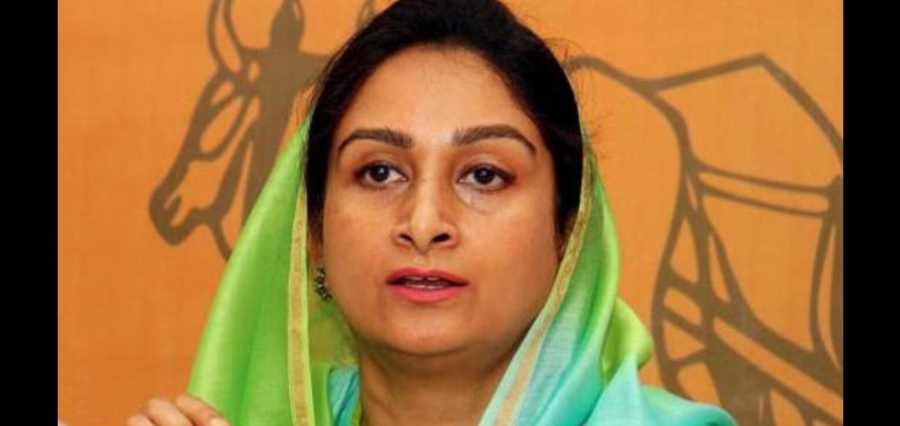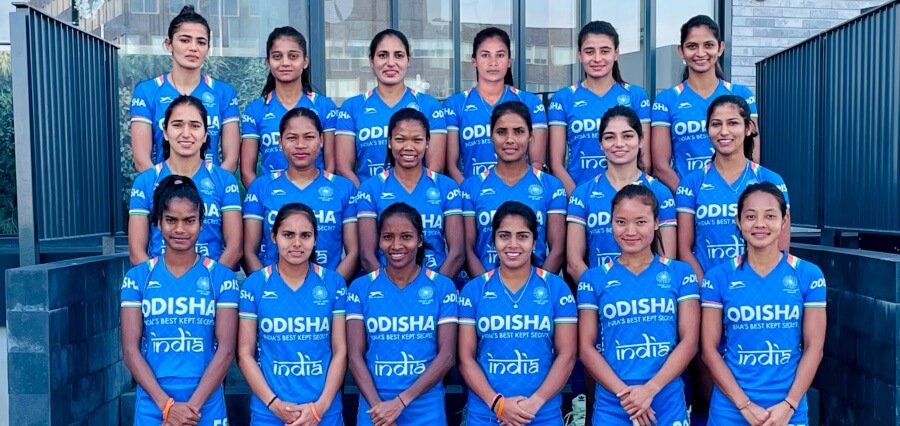At the event, Member of Parliament from the Shiromani Akali Dal Party, Harsimrat Kaur Badal, called for “fundamental changes at the grassroots level.”
Emphasizing the imperative for women’s equal participation and leadership in every sector, from households to Parliament, dignitaries from various backgrounds conveyed the importance of collective action to empower women at the grassroots level on Monday.
A symposium named “Bridging the Gender Gap: Challenges & Opportunities for the Next Decade,” organized by the Centre for Equity and Inclusion (CEQUIN), assembled distinguished figures from various sectors. The attendees included Lok Sabha MP Harsimrat Kaur Badal, former Rajya Sabha MP Sushmita Dev, and Gurucharan Manna, an economist and senior adviser at the National Council of Applied Economic Research. The event aimed to facilitate discussions and assessments on issues related to women and their representation.
Addressing the recently passed women reservation bill, which designates 33% of seats for female lawmakers in the Lok Sabha and state assemblies, Sushmita Dev criticized the move as a “hoax.” She pointed out two specific reasons for her skepticism — the delimitation exercise and the census. Dev argued that the implementation of the bill post-delimitation could result in a division of seats, as some states struggle to control their population, while others fare well on social indices. Consequently, she asserted that the bill is currently stuck in a challenging situation.
At the event, Member of Parliament from the Shiromani Akali Dal Party, Badal, called for “changes at the grassroots level.” She emphasized that having a tribal woman as President (Droupadi Murmu) and a woman as the finance minister (Nirmala Sitharaman) is symbolic but not sufficient for substantial progress.
Manna added, “Women’s participation is inadequate in rural areas, and even worse in urban areas. We need to investigate why this is the case and take necessary actions to address the issue.”
Independent journalist Revati Laul emphasized the necessity of expanding the gender discourse in the media beyond the “binaries of rape and violence.” She stated, “The gender conversation is the way we look at gender.”
In the symposium, a panel discussing “The missing growth story of women in the economy” attributed the absence of women in workforces to factors such as limited mobility, heightened domestic and caregiving responsibilities, and low wages.





